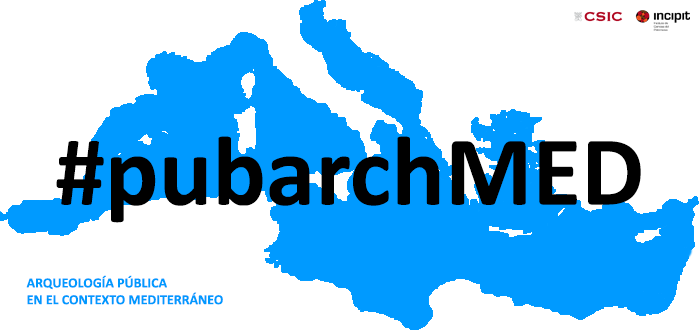
Project facts
Presentation
This project explores the management of archaeological heritage in the Mediterranean from the perspective of public archaeology.
#pubarchMED has three main lines of work:
- A bibliographic collection of resources from the Mediterranean.
- An ethnographic analysis of professionals’ perceptions of archaeological heritage management.
- An alternative approach to the study of the impact of archaeological sites open to visit in local communities.
All together will draw a comprehensive picture of the situation in the different countries around the Mediterranean basin, highlighting the different solutions implemented for the common challenges of daily practice and an evaluation of public engagement in the process.
Impacts & Results
The project will produce the following deliverables:
- A collaborative bibliography of public archaeology and archaeological heritage management in the Mediterranean (see).
- A network of professionals interested in fostering public engagement in archaeological heritage management.
- A detailed definition of management models across the region.
- An evaluation tool for public archaeology projects and participatory actions in archaeological heritage.
- Outreach materials about archaeological heritage management (i.e.).
- Scientific publications and further reports.
The aim is to affect archaeological heritage management from the results obtained by the comparative analysis of experiences and perceptions. Identifying conflicts, challenges and burdens, as well as the tools implemented by the different bodies to overcome them.

